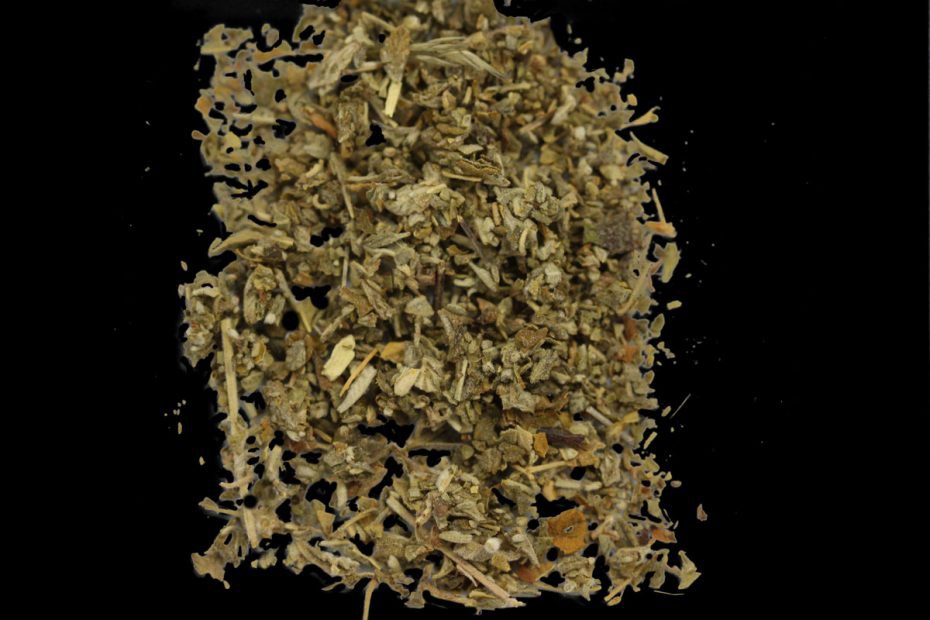Exploring the Promising Applications and Favorable Impacts of Seasoning as an Artificial Cannabinoid
In recent times, the exploration of artificial cannabinoids, particularly Flavor, has actually triggered fascinating discussions within the medical and scientific neighborhoods. The potential applications and influences of Flavor in different therapeutic setups have drawn interest for their special properties and effects on the body. As research digs much deeper into this artificial compound, uncovering its resemblances and disparities with natural cannabinoids, a nuanced understanding of its benefits and difficulties emerges. This discussion aims to clarify the encouraging avenues that Spice provides in the realm of health care and wellness, motivating a reevaluation of conventional strategies to cannabinoid-based treatments.
Healing Prospective of Seasoning
Discovering the therapeutic possibility of Spice, an artificial cannabinoid, includes an important exam of its pharmacological residential or commercial properties and possible clinical applications. Seasoning, additionally known as artificial cannabis, engages with the endocannabinoid system in a way similar to natural cannabinoids, such as those discovered in cannabis. This interaction causes various physical results that have actually stimulated rate of interest in its therapeutic possibilities.
Researches have actually suggested that Seasoning may have possible as an analgesic, helping to relieve pain in problems such as neuropathic pain or chronic inflammatory pain - Buy K2 Paper For Sale. In addition, its communication with cannabinoid receptors provides a chance for exploring its usage in managing signs and symptoms of conditions like numerous sclerosis or chemotherapy-induced queasiness and vomiting

Discomfort Monitoring Advantages
Spice, an artificial cannabinoid, exhibits appealing capacity in discomfort management due to its analgesic residential or commercial properties and interactions with the endocannabinoid system. The analgesic homes of Flavor come from its capacity to modulate discomfort perception pathways, supplying relief from numerous sorts of discomfort, including neuropathic, inflammatory, and nociceptive pain. By targeting the endocannabinoid system, Spice can manage discomfort signals, minimize swelling, and alleviate pain connected with chronic pain problems.
Researches have revealed that Spice can successfully decrease discomfort intensity and boost discomfort resistance in preclinical designs of discomfort. This synthetic cannabinoid has actually shown effectiveness in managing discomfort symptoms without triggering significant adverse effects generally linked with conventional discomfort medicines. Furthermore, Flavor reveals potential in lessening opioid dependancy and misuse, supplying a safer option for pain monitoring.
Neuroprotective Features
Synthetic cannabinoids like Seasoning have actually been increasingly acknowledged for their prospective neuroprotective properties in reducing neuronal damages and advertising brain health and wellness. Researches recommend that these compounds may provide neuroprotection with numerous mechanisms, including antioxidant effects, anti-inflammatory buildings, and modulation of neurotransmitter launch. By communicating with the endocannabinoid system in the mind, synthetic cannabinoids can control neuronal task and potentially minimize the impact of neurodegenerative illness or injuries.
One key aspect of the neuroprotective properties of Spice is its capacity to modulate excitotoxicity, a process where excessive stimulation of nerve cells results in cell damage or fatality. By managing natural chemical launch and wetting excitotoxic signaling paths, artificial cannabinoids might assist secure neurons from unsafe overstimulation. Additionally, the anti-inflammatory impacts of Spice can alleviate neuroinflammation, which is usually linked in different neurological conditions.
Relative Analysis With Natural Cannabinoids
In contrasting the neuroprotective properties of artificial cannabinoids like Flavor with those of all-natural cannabinoids, a nuanced assessment of their particular effects on neuronal health is essential. Natural cannabinoids, such as those located in the marijuana plant, have actually been extensively examined for their neuroprotective results. These compounds communicate with the endocannabinoid system in the body, which plays an essential role in preserving neuronal feature and shielding versus neurodegenerative diseases.

Regulative and Moral Factors To Consider
Taking into consideration the prospective effects on human health and health, an examination of governing and honest factors to consider surrounding making use of synthetic cannabinoids contrasted to all-natural cannabinoids is essential. Artificial cannabinoids, like Seasoning, existing one-of-a-kind difficulties due to their often unknown chemical compositions and effectiveness variants. Governing bodies encounter the complicated job of keeping up with the fast appearance of new synthetic cannabinoid substances, which can make it difficult to impose regular and reliable regulations.

To resolve these regulatory and honest obstacles, policymakers have to prioritize research right into the long-term results of artificial cannabinoids and establish clear standards for their manufacturing, sale, and use. Moreover, education campaigns are necessary to educate the general public regarding the threats connected with artificial cannabinoids and advertise accountable usage methods. By taking proactive procedures, culture can much better safeguard versus the prospective injuries presented by artificial cannabinoids while supporting honest requirements and securing public health.
Verdict
To conclude, the investigation into the restorative possibility of spice as an artificial cannabinoid has shown appealing cause pain monitoring and neuroprotection. Comparative evaluation with all-natural cannabinoids recommends similar benefits. Regulatory and ethical factors to consider have to be very carefully examined prior to prevalent usage. Generally, the positive impacts of flavor as a linked here synthetic cannabinoid warrant additional research and exploration in the clinical field.